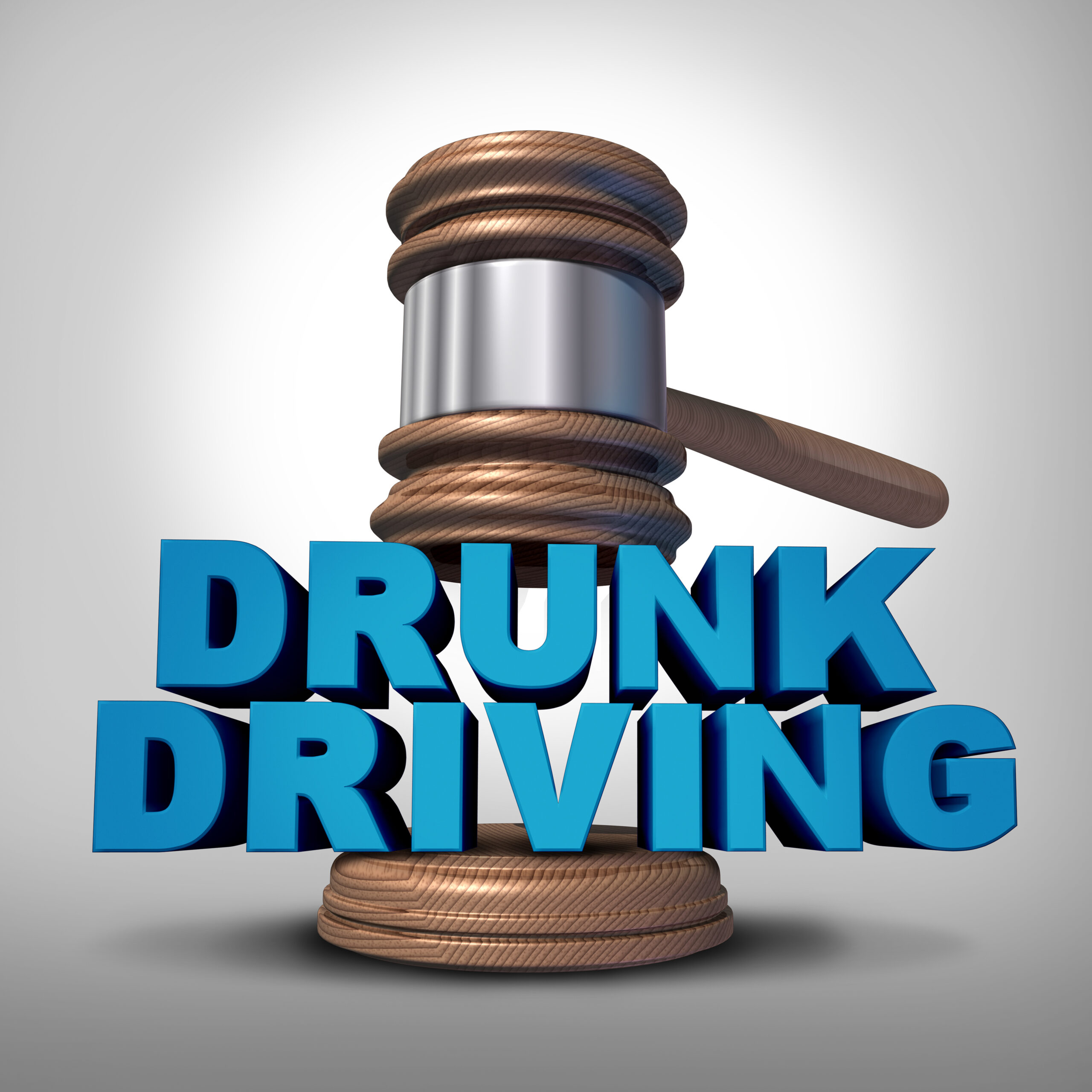
Expect DWI Patrols throughout the Monmouth County Area for the Super Bowl
The Division of Highway Traffic Safety, also known as DHTS, has given several police departments in Monmouth County, New Jersey grants to help police find drunk drivers over the Super Bowl weekend. Don’t want to face DWI charges on the day of the big game? Here’s what you need to know.
New Jersey as a whole, but more importantly Monmouth County, is sending a message loud and clear: do not drink and drive. The DHTS has issued significant grants to local police departments throughout Monmouth, Hunterdon and Somerset County in effort to combat and hopefully deter would-be drunk drivers this weekend. Over the years, statistics have shown that the number of drunk driving arrests drastically increases on Super Bowl Sunday, even putting this day in the category of Thanksgiving Eve, Christmas and New Years Eve. Aberdeen Police Chief John Powers stated: “It’s obviously become an important day as far as people getting together, going to bars or restaurants.”
The grant will help pay for the officers overtime and allow them to conduct what is known as “saturation patrols.” Saturation patrol is basically when the departments attempt to flood certain areas of certain towns in an effort to deter potential drunk drivers. This includes not only increased police presence, but DWI checkpoints as well.
In Monmouth County alone, nine police departments including Aberdeen, Atlantic Highlands, Hazlet, Holmdel, Highlands, Keyport, Keansburg, Matawan, Middletown and Union Beach received grant money. A closer look at these towns reveal that they are in key high traffic areas in Monmouth County, including towns that the Garden State Parkway, Route 35, Route 36 and Route 18 flow through. According to nj.com, the Wall Township Police in a press release stated, “When it comes to drinking and driving, law enforcement doesn’t throw a yellow flag: they throw the book at you.” Meaning, that drunk drivers will NOT simply receive a warning.
What Should I do if I’m Charged with a DUI on the Super Bowl?
It is important to note here that when it comes to driving while intoxicated charges in New Jersey, plea bargaining is prohibited. Just to put that into prospective, there are two offenses in New Jersey where plea bargaining is prohibited: driving under the influence and possession of marijuana under 50 grams. So, if you or a loved one has been arrested and charged with driving while intoxicated, refusal to submit to a breath sample, death by auto, assault by auto, eluding or any other offense for that matter, we strongly recommend that you speak to an experienced Monmouth County criminal defense attorney as soon as possible.
Although plea bargaining is prohibited, an experienced DWI defense attorney can make a significant difference when it comes to defending these types of charges. In fact, one of our attorneys has sought out and obtained specialized DWI defense training in an effort to better defend these types of charges. This specialized training includes being a certified instructor for the Standardized Field Sobriety Tests (SFST), as well as an administrator of the Alcotest Machine. These are the two key pieces of evidence used in any DWI trial. To speak to one of our attorneys today about your options then please contact our Middletown office at (732) 858-6959 or leave us an email. As always, our initial consultations are free of costs, so if you have any questions whatsoever, please do not hesitate to contact us.
For more information on this matter, please checkout nj.com’s article labeled Cops working OT in these towns Super Bowl Sunday to deter drunk driving.

